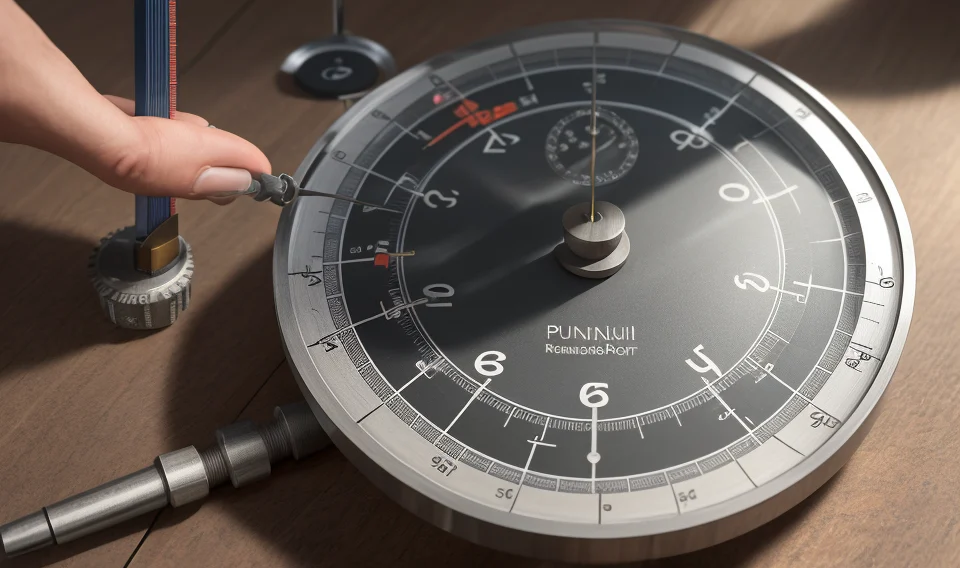![]()
**Introduction**
Welcome to an exciting journey through the world of physics! As GCSE examinations approach, it’s crucial to keep your physics knowledge sharp. This blog post presents a collection of engaging, easy-to-do physics experiments that you can conduct at home, making your revision fun and interactive. Whether you’re a student, parent, tutor, or teacher, these experiments will help reinforce your understanding of key physics concepts. Let’s dive right in!
**1. The Mentos and Diet Coke Geyser**
*(Concept: Gas Laws)*
Ever wondered why a simple combination of Mentos and Diet Coke results in a spectacular fountain? This experiment is a great way to explore gas laws and the reaction between gases. You’ll need a 2-liter bottle of Diet Coke, Mentos candies, a funnel, and a stopwatch. Be ready for a messy, yet educational, adventure!
**2. The Egg in the Bottle**
*(Concept: Vacuum and Air Pressure)*
This classic demonstration of air pressure and vacuum will amaze your friends and family. To perform this experiment, you’ll need an empty plastic bottle, a raw egg, a lighter, and a piece of cloth. By heating the bottle and quickly covering the opening with the egg, you create a vacuum that allows the egg to be inserted into the bottle.
**3. Homemade Rocket**
*(Concept: Newton’s Third Law of Motion)*
Design and build your very own mini-rocket to understand Newton’s third law of motion – for every action, there is an equal and opposite reaction. Gather materials such as empty plastic bottles, modeling clay, a small balloon, a plastic straw, water, and food coloring. Be prepared to launch your rocket and observe the reaction forces at play.
**4. The Pendulum**
*(Concept: Gravitational Potential Energy and Kinetic Energy)*
A simple pendulum experiment can help you understand the conversion of gravitational potential energy into kinetic energy. All you need is a string, a small weight (e.g., a coin), and a pencil or ruler. By measuring the angle of displacement and the time taken for the pendulum to swing back and forth, you can explore the relationship between energy and motion.
**5. The Simple Circuit**
*(Concept: Electricity and Circuits)*
Build a simple circuit to understand the basics of electricity flow. Gather materials such as a battery, a bulb, and wires. By connecting the components in a circuit, you can observe the flow of electricity and how it powers the bulb. This experiment will help you understand the fundamental concepts of electrical circuits.
**Conclusion**
These engaging physics experiments are not only fun to perform but also provide an effective way to reinforce your understanding of key concepts. By conducting these experiments at home, you can make your GCSE revision process enjoyable, interactive, and memorable. So, grab your safety glasses, gloves, and get ready to unleash your inner scientist!
**Bonus Tips**
– Always ensure safety when conducting experiments by following proper procedures and using appropriate safety equipment.
– Document your results and observations to help reinforce your understanding of the concepts and to prepare for exams.
– If you encounter difficulties or have questions, don’t hesitate to seek help from teachers, tutors, or online resources.
Good luck with your GCSE revision, and happy experimenting!




